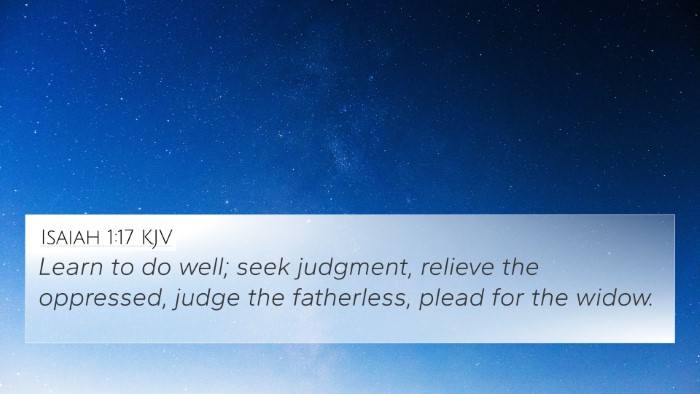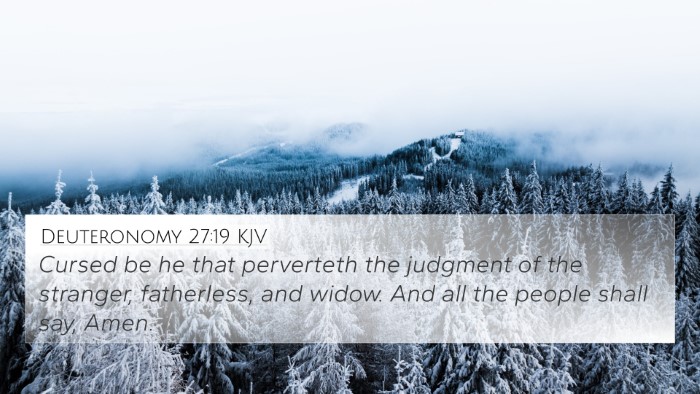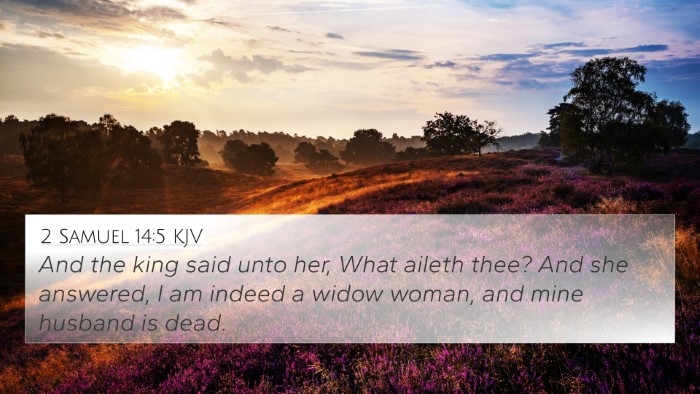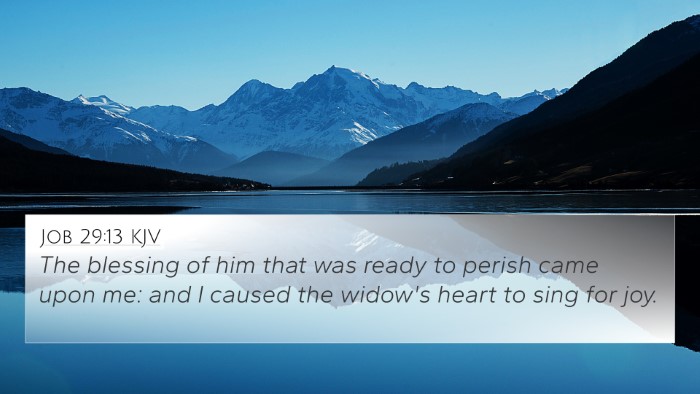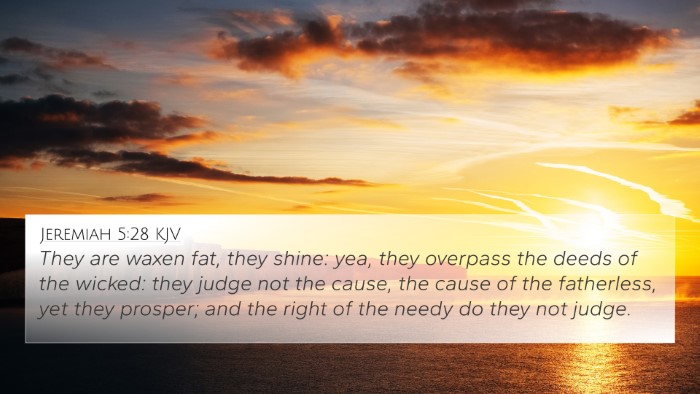Understanding Luke 18:3
Luke 18:3 presents a parable that illustrates the power of persistent prayer through the account of a widow and an unjust judge. Here, we unpack the significance of this verse through the lens of public domain commentaries, providing insights into its theological implications and practical applications.
Verse Interpretation
Luke 18:3 states: "And there was a widow in that city; and she came unto him, saying, Avenge me of mine adversary."
This verse marks the introduction of the widow, a symbol of vulnerability and need, who seeks justice against her adversary. Through her actions, the text encourages believers to exhibit unwavering faith and perseverance in prayer.
Contextual Insights
-
Matthew Henry: This commentary notes that the widow represents those who are powerless but persistent, serving as a reminder that God hears the cries of the marginalized. The unjust judge is a foil, who despite his lack of compassion ultimately responds to the widow's unyielding plea.
-
Albert Barnes: Barnes emphasizes the significance of persistence in prayer. The widow's diligence exemplifies the prayer life of believers, demonstrating that continuous appeal to God is necessary, even amidst challenges and discouragements.
-
Adam Clarke: Clarke highlights the social context of widows during biblical times, underscoring their often desperate plight. He draws a parallel between the unjust judge's eventual acquiescence and God's justice, noting that unlike the judge, God will respond swiftly and righteously to the needs of His people.
Important Themes
Several themes emerge from this verse that resonate throughout the Bible:
- Persistence in Prayer: The verse teaches the importance of not losing heart in our prayers, echoing the teachings found in 1 Thessalonians 5:17 ("pray without ceasing").
- Justice and Advocacy: The widow's pursuit of justice highlights God's concern for the oppressed, reflected in Isaiah 1:17, which urges believers to "learn to do good; seek justice, correct oppression."
- Faithful God: The contrast between the judge and God serves to affirm that God is just and will defend His people, reminiscent of Psalms 68:5 where God is described as a father to the fatherless.
Cross-References
In exploring the connections between this verse and other scriptural texts, we see a rich tapestry of related verses:
- 1 Thessalonians 5:17 - Persistence in prayer
- Luke 11:5-10 - The parable of the importunate friend emphasizes the necessity of asking and persevering.
- Psalms 34:17 - "When the righteous cry for help, the Lord hears." This reinforces the idea of God responding to the cries of those in distress.
- James 5:16 - The prayer of a righteous person has great power as it is working.
- Luke 8:1 - Jesus told them a parable to the effect that they ought always to pray and not lose heart.
- Romans 12:12 - Rejoicing in hope, patient in tribulation, continuing steadfastly in prayer.
- Exodus 22:22-24 - God advocates for the widow and orphan, showing His justice on their behalf.
Theological Implications
This verse serves as a foundation for understanding the nature of prayer and God’s responsiveness to our cries for help:
- It reinforces the concept that persistent prayer is not merely about getting answers but about deepening our relationship with God.
- It teaches us about the character of God—that He is just and cares deeply for those who are oppressed.
- It encourages believers to maintain hope, knowing that God is aware of their struggles and will act in due time.
Practical Application
What can we take away from Luke 18:3 in our daily lives?
- Develop a habit of persistent prayer, entrusting God with every aspect of our lives.
- Advocate for those who are marginalized, following the widow's example in seeking justice.
- Encourage each other in prayer, reminding one another of God's faithfulness and justice.
Conclusion
Luke 18:3 serves as a powerful reminder of the importance of faith, persistence, and the nature of God's justice. By examining this verse alongside various commentaries, we appreciate the depths of its meaning and its applicability to our lives today.
Further Resources
If you're interested in diving deeper into comparative Bible verse analysis and theological themes, consider using tools for Bible cross-referencing, concordances, and other Bible reference resources that help identify connections between verses.



